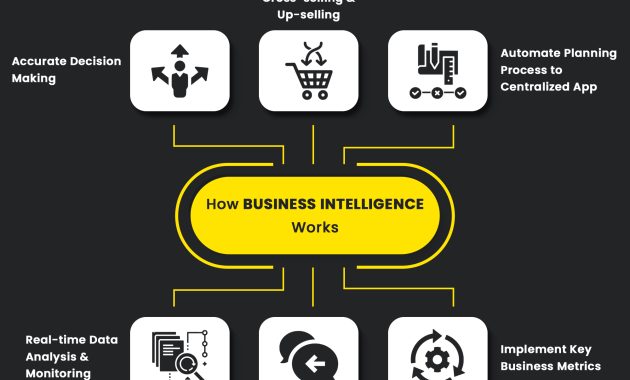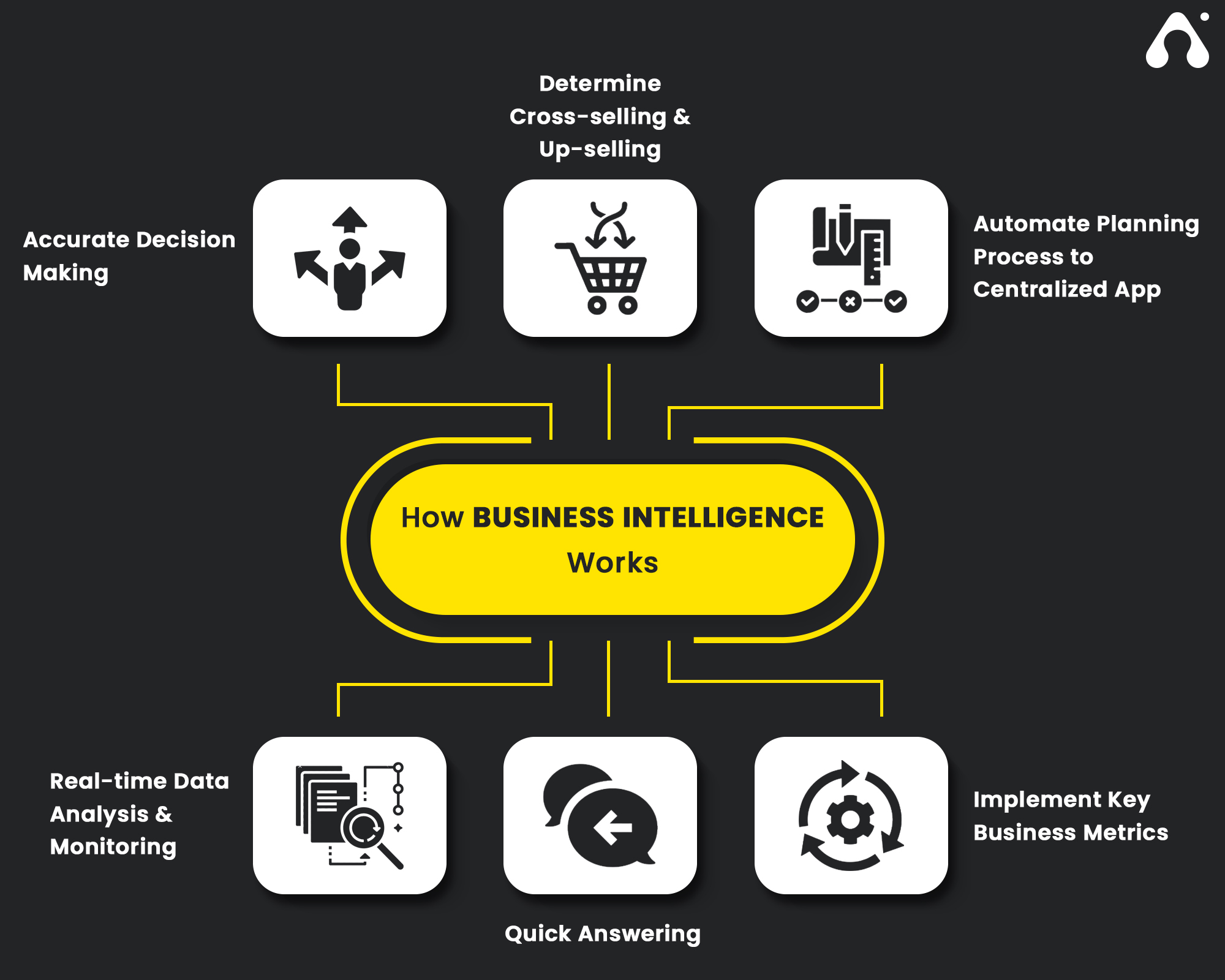
Business Intelligence Tools to Start Small & Expand: Your Guide to Data-Driven Growth
In today’s data-saturated world, making informed decisions is no longer a luxury, but a necessity. Businesses, regardless of size, need to leverage data to stay competitive. This is where Business Intelligence (BI) tools come in. They transform raw data into actionable insights. This article explores the crucial role of Business Intelligence tools for startups and small businesses. It also provides guidance on how to select the right tools to start small and expand as your needs evolve. The focus is on creating a data-driven culture from the ground up.
The Power of Data for Small Businesses
Small businesses often operate with limited resources. They face unique challenges. These include tight budgets, lean teams, and the need for rapid growth. Business Intelligence tools can level the playing field. They empower small businesses to make smarter decisions. These decisions are based on data, not gut feelings. This leads to better resource allocation, improved customer understanding, and increased profitability. By using Business Intelligence tools, small businesses can identify trends. They can also anticipate customer needs and optimize operations. This can result in significant competitive advantages.
Choosing the Right Business Intelligence Tools: A Strategic Approach
Selecting the right Business Intelligence tools is a critical first step. The market offers a wide range of options. These range from free and open-source solutions to enterprise-level platforms. The best choice depends on your specific needs, budget, and technical expertise. Here are key factors to consider when selecting Business Intelligence tools:
- Ease of Use: Opt for user-friendly tools. They should have intuitive interfaces. This minimizes the need for extensive training.
- Scalability: Choose tools that can grow with your business. They should accommodate increasing data volumes and user needs.
- Integration Capabilities: Ensure the tools integrate with your existing systems. They must work with your CRM, ERP, and other relevant software.
- Data Visualization: Look for tools that offer robust data visualization features. They should create clear and compelling reports and dashboards.
- Pricing: Consider your budget. Explore different pricing models (e.g., free, freemium, subscription).
Top Business Intelligence Tools for Small Businesses to Start With
Several Business Intelligence tools are particularly well-suited for small businesses. These tools offer a balance of affordability, ease of use, and powerful features. Here are some recommended options:
Microsoft Power BI
Microsoft Power BI is a leading Business Intelligence tool. It offers a comprehensive suite of features. Power BI is known for its user-friendly interface and extensive data visualization capabilities. It also integrates seamlessly with other Microsoft products. This makes it a popular choice for businesses already using Microsoft Office 365. Power BI offers a free version with limited functionality. It also has affordable paid plans for more advanced features.
Tableau Public
Tableau Public is a free Business Intelligence tool. It allows users to create interactive data visualizations. These can be shared online. Tableau Public is a great option for businesses. They need to create visually appealing reports. They also need to share data insights with a wider audience. While the free version has limitations, it is an excellent starting point. It allows users to explore Tableau’s powerful features.
Google Data Studio
Google Data Studio is a free, cloud-based Business Intelligence tool. It integrates seamlessly with Google’s suite of products. These include Google Analytics, Google Sheets, and Google Ads. Data Studio is ideal for businesses. They want to track website traffic, marketing performance, and other key metrics. Its user-friendly interface and collaborative features make it easy to share and analyze data with your team.
Zoho Analytics
Zoho Analytics is a comprehensive Business Intelligence tool. It is designed for small to medium-sized businesses. It offers a wide range of features, including data integration, data preparation, and advanced analytics. Zoho Analytics integrates with various data sources. These include popular CRM and ERP systems. It also offers affordable pricing plans.
Klipfolio
Klipfolio is a cloud-based Business Intelligence tool. It is designed for creating real-time dashboards. Klipfolio is a good choice for businesses. They need to monitor key performance indicators (KPIs) in real-time. The tool offers a user-friendly interface and a wide range of data connectors. Klipfolio is also known for its flexible pricing plans.
Implementing Business Intelligence: A Step-by-Step Guide
Implementing Business Intelligence tools effectively requires a structured approach. Here is a step-by-step guide to help you get started:
- Define Your Goals: Identify the specific business questions you want to answer. This will guide your data analysis efforts.
- Identify Data Sources: Determine where your data resides (e.g., CRM, ERP, spreadsheets).
- Choose a Tool: Select the Business Intelligence tool that best fits your needs and budget.
- Connect and Integrate Data: Connect your chosen tool to your data sources. Then, integrate the data into a unified platform.
- Clean and Prepare Data: Clean and transform your data. Ensure its accuracy and consistency.
- Create Reports and Dashboards: Design reports and dashboards that visualize your data. Focus on the key metrics.
- Analyze and Interpret Data: Analyze the data to gain insights. Use the insights to make informed decisions.
- Share and Collaborate: Share your findings with your team. Encourage collaboration and data-driven decision-making.
- Iterate and Refine: Continuously refine your reports and dashboards. Adapt them as your business needs evolve.
Scaling Your Business Intelligence Capabilities
As your business grows, so will your data volume and analytical needs. You need to scale your Business Intelligence tools. Here are some strategies for scaling effectively:
- Upgrade Your Tools: Upgrade to a more advanced plan. This unlocks additional features and capacity.
- Invest in Training: Provide training to your team. This will help them use the tool effectively.
- Automate Data Processes: Automate data collection, cleaning, and reporting. This saves time and effort.
- Integrate More Data Sources: Connect to more data sources. This gives you a more comprehensive view of your business.
- Explore Advanced Analytics: Consider using advanced analytics techniques. These include predictive analytics and machine learning.
- Hire Data Professionals: As your data needs increase, consider hiring data analysts or data scientists.
The Future of Business Intelligence for Small Businesses
The future of Business Intelligence for small businesses is bright. Advancements in technology are making these tools more accessible and affordable. The rise of cloud-based solutions and artificial intelligence (AI) is further democratizing data analysis. AI-powered tools can automate data analysis tasks. They can also provide insights that were previously difficult to identify. Small businesses that embrace these trends will gain a significant competitive advantage. They will make data-driven decisions faster and more efficiently. This will drive sustainable growth and success.
Conclusion: Embrace Data-Driven Growth
Business Intelligence tools are no longer optional for small businesses. They are essential for survival and growth. By selecting the right tools. By implementing them effectively, and by scaling your capabilities as needed, small businesses can unlock the power of data. They can transform their operations and achieve their business goals. Start small, experiment, and expand. Embrace a data-driven culture. This is the key to long-term success in today’s competitive landscape. The use of the best Business Intelligence tools can help you grow your business.
[See also: Related Article Titles]

